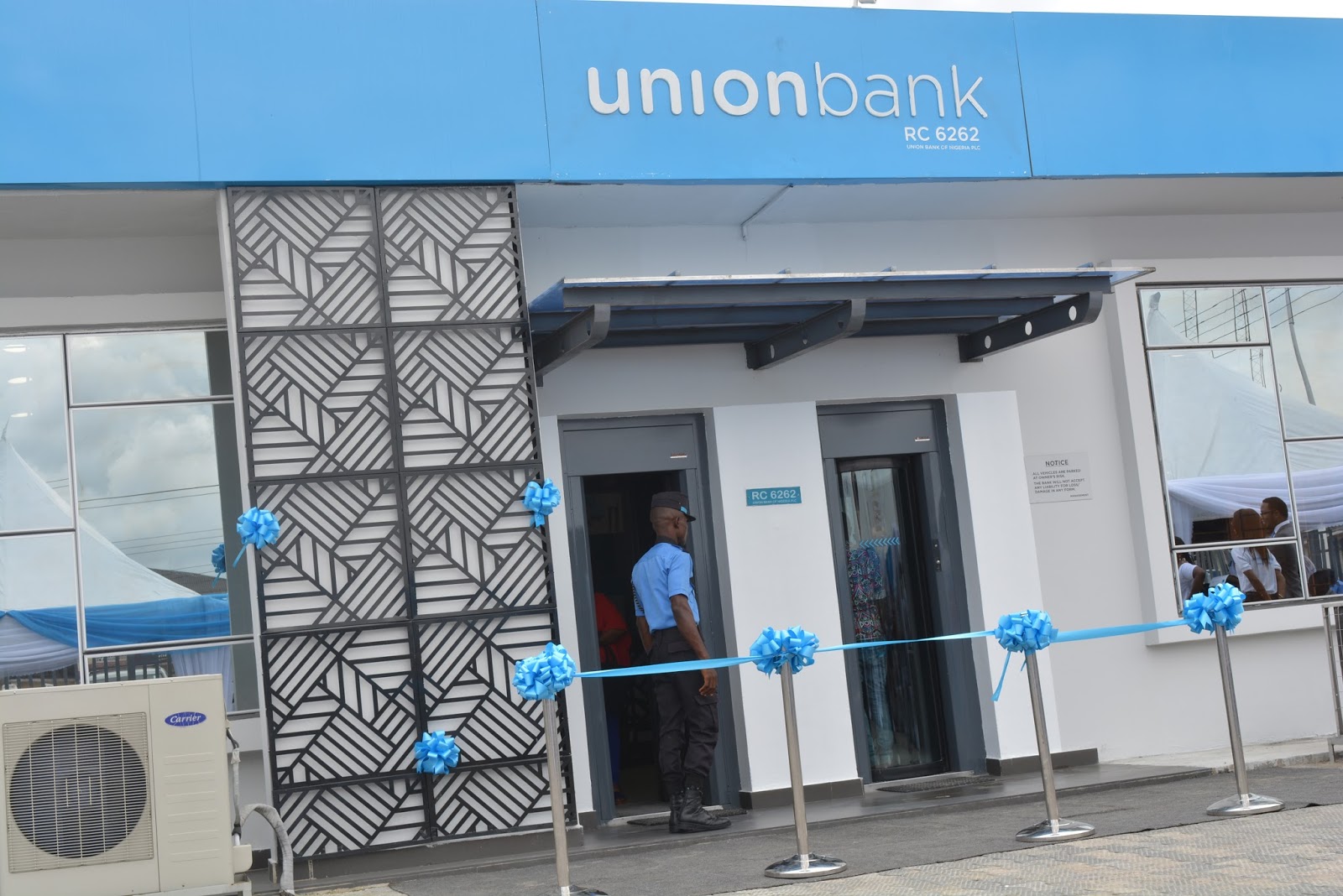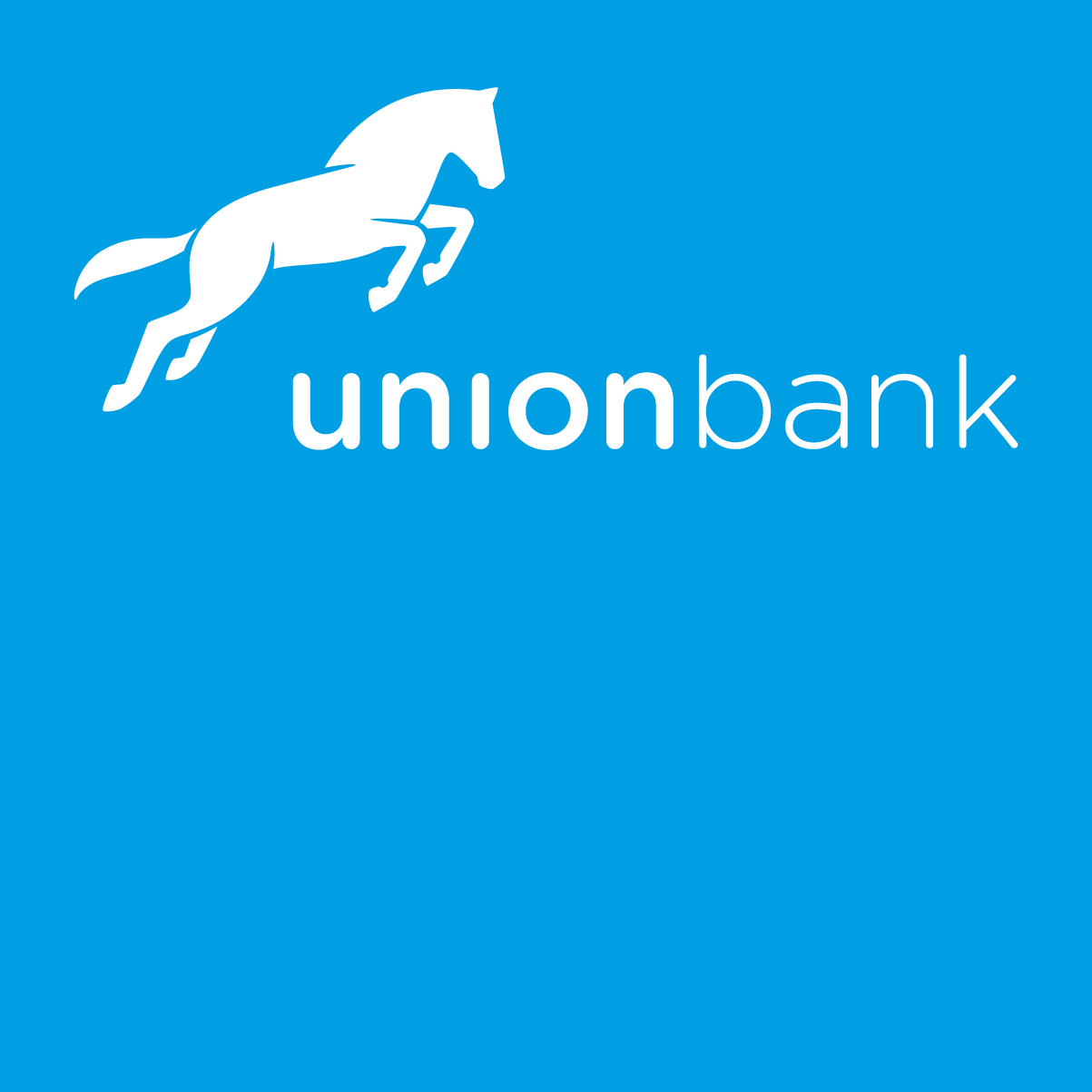Banking
GCR Affirms Ratings on Union Bank of Nigeria

By Dipo Olowookere
Nigeria-based rating agency, Global Credit Ratings, has affirmed the national scale issuer ratings assigned to Union Bank of Nigeria Plc of BBB+(NG) and A2(NG) in the long term and short term respectively, with the outlook accorded as stable.
In a statement issued by the firm, the ratings affirmed on Union Bank reflect the bank’s improved capitalisation, strong shareholders’ support, sustained profitability, and mid-sized status (by total assets) within the Nigerian banking landscape.
Its non-performing loan (NPL) ratio escalated to 19.8 percent at FY17 from less than 7 percent range in the last four years.
This was driven largely by a marked growth in delinquent assets, particularly within the real estate sector, oil and gas and power sector.
Union Bank is intensifying focus on loan recovery, collections, and portfolio realignment towards perceived lower risk non-oil sectors.
While management is targeting a significant reduction in the NPL ratio by FY18, GCR said it expects the position to remain above 10 percent, given the current risk level. As at March 31, 2018 (1Q FY18), the bank’s NPL ratio stood at 14.9 percent.
Following a successful Rights Issue during FY17, with over 120 percent subscription, Union Bank’s capital adequacy ratio rose to 17.8 percent at FY17 (FY16: 13.3 percent), standing above the regulatory minimum of 15 percent for international commercial banks.
The position is not expected to change imminently given management’s focus on building internal capital generative capacity, GCR noted in the statement.
It said although the lender displayed a largely short-dated funding structure (a common industry feature), liquidity risk is considered to be moderate.
Union Bank’s regulatory liquidity ratio stood at 37 percent at FY17 (1Q FY18: 39.4 percent), against a regulatory threshold of 30 percent.
The financial institution covers liquidity shortfalls via its short term marketable securities and available credit lines from other financial institutions.
The bank also continued to explore potential financing opportunities, including the issuance of debt instruments based on prevailing market conditions.
GCR said in the statement that profitability growth was constrained by higher funding cost and credit losses in FY17, with the bank ending the year with a relatively flat pre-tax profit of N15.5 billion. The high funding cost reflects the high inflationary environment. As of 1Q FY18, the bank reported a pre-tax profit of N5.4 billion, relative to N4.7 billion reported in 1Q FY17.
Although management expects a pre-tax profit of N20 billion-N24 billion by FY18, GCR said it envisages full year performance could be impacted by additional impairments.
While asset quality challenges remain a key issue for Union Bank, the accorded ratings are supported by the bank’s strong capitalisation and continuous shareholders’ support.
The uncertainties within the Nigerian operating environment limit the likelihood of ratings rising in the medium term.
However, markedly improved competitive positioning, a rebound to strong asset quality and profitability may trigger a positive rating action.
Conversely, additional asset quality pressure, resulting in NPL ratio rising above anticipated level; further weakening in profitability, particularly arising from credit losses; and further deterioration in operating conditions would result in a rating downgrade.
Banking
All Set for Second HerFidelity Apprenticeship Programme

By Modupe Gbadeyanka
Registration for the second HerFidelity Apprenticeship Programme (HAP 2.0) organised by Fidelity Bank Plc has commenced.
The Divisional Head of Product Development at Fidelity Bank, Mr Osita Ede, informed newsmen that the initiative was designed to empower women with sustainable entrepreneurship skills.
The lender created the flagship women-empowerment initiative to equip women with practical, income‑generating skills and structured pathways to entrepreneurship.
“HerFidelity Apprenticeship Programme 2.0 reflects our commitment to continuous improvement. Having evaluated feedback from the first edition, we have returned with stronger partnerships and deeper mentorship programmes to ensure that women acquire not just skills, but sustainable economic opportunities,” he said.
“At the heart of the programme is guided, real‑world learning. Participants will undergo intensive apprenticeship training under reputable institutions and industry experts across select fields such as hair styling, shoe making, auto mechatronics, and interior decoration,” Mr Ede added.
He noted that HerFidelity Apprenticeship Programme 2.0 goes beyond skills acquisition by offering participants a wide range of business advisory services. These include business and financial literacy training, mentorship support throughout the apprenticeship journey, access to Fidelity Bank’s women‑focused and SME financial solutions, as well as guidance on business formalisation and growth strategies.
Further emphasising the bank’s vision, Mr Ede said, “By integrating structured mentorship with entrepreneurial development, Fidelity Bank is positioning women not just as trainees, but as future employers, innovators, and economic contributors within their communities. This aligns with our mandate to help individuals grow, businesses thrive, and economies prosper.”
Banking
The Alternative Bank Opens New Branch in Ondo

By Modupe Gbadeyanka
A new branch of The Alternative Bank (AltBank) has been opened in Ondo State as part of the expansion drive of the financial institution.
A statement from the company disclosed that the new branch would support export-oriented agribusinesses through Letters of Credit and commodity-backed trade finance, ensuring that local producers can scale beyond state borders.
For SMEs, the bank is introducing robust payment rails, asset financing for equipment and inventory, and supply chain-backed facilities that strengthen working capital without trapping businesses in interest-based debt cycles.
The Governor of Ondo State, Mr Lucky Aiyedatiwa, represented by his Chief of
Staff, Mr Olusegun Omojuwa, at the commissioning of the branch, underscored the importance of financial institutions in economic development.
“The pivotal role of financial institutions to economic growth and development of any economy cannot be overemphasised. It provides access to capital, supporting small and medium-scale enterprises and encouraging savings.
“Therefore, I have no doubt in my mind that the presence of The Alternative Bank in Ondo State will deepen financial services, create employment opportunities and stimulate economic activities across various sectors,” he said.
In her remarks, the Executive Director for Commercial and Institutional Banking (Lagos and South West) at The Alternative Bank, Mrs Korede Demola-Adeniyi, commended the state government’s leadership and outlined the lender’s long-term vision for Ondo State.
“As Ondo State steps into its next fifty years, and into the future anchored on the sustainable development championed during the recent anniversary celebrations, The Alternative Bank is here to be the financial engine for that vision. We didn’t come to Akure to hang banners. We came to fund work, farms, shops, and factories.”
With Ondo State’s economy anchored largely on agriculture, particularly cocoa production, poultry farming, and other cash crops, alongside a growing SME and trade ecosystem, AltBank is deploying sector-specific financing solutions tailored to these strengths.
For cocoa aggregators, processors and poultry operators, the bank will provide production financing, facility expansion support, machinery lease structures, and structured trade facilities under its joint venture and cost-plus financing models, with transaction cycles of up to 180 days for commodity trades and longer-term structured asset financing for equipment and infrastructure.
The organisation is a notable national non-interest bank with a physical network now surpassing 170 locations, deploying capital to solve real-world challenges through initiatives such as the Mata Zalla project, which saw to the training of hundreds of women as electric tricycle drivers and mechanics.
Banking
Recapitalisation: 20 Nigerian Banks Now Fully Compliant—Cardoso

By Adedapo Adesanya
The Governor of the Central Bank of Nigeria (CBN), Mr Yemi Cardoso, announced on Tuesday that the country’s banking sector is making strong progress in the recapitalisation drive, with 20 banks now fully compliant.
Mr Cardoso disclosed this during a press conference at the first Monetary Policy Committee (MPC) meeting of 2026, where he also highlighted positive developments in the nation’s foreign reserves.
On March 28, 2024, the apex bank announced an increase in the minimum capital requirements for commercial banks with international licences to N500 billion.
National and regional financial institutions’ capital bases were pegged at N200 billion and N50 billion, respectively.
Also, CBN raised the merchant bank minimum capital requirement to N50 billion for national licence holders.
The banking regulator said the new capital base for national and regional non-interest banks is N20 billion and N10 billion, respectively.
To meet the minimum capital requirements, CBN advised banks to consider the injection of “fresh equity capital through private placements, rights issue and/or offer for subscription”.
Following the development, several banks announced plans to raise funds through share and bond issuances.
In January, Zenith Bank said it had raised N350.46 billion through rights issue and public offer to meet the CBN minimum capital requirement.
Guaranty Trust Holding Company Plc (GTCO), on July 4, said it had successfully priced its fully marketed offering on the London Stock Exchange (LSE).
In September, the CBN governor said 14 banks fully met their recapitalisation requirements — up from eight banks in July.
With one month to the central bank’s March 31, 2026, recapitalisation deadline, 13 Nigerian lenders are yet to cross the finish line.
Additionally, the governor noted that 33 banks have raised funds as part of the ongoing recapitalisation exercise, signalling robust capital mobilisation across the sector.
He stated that gross foreign reserves have climbed to a 13-year high of $50.4 billion as of mid-February 2026.
-

 Feature/OPED6 years ago
Feature/OPED6 years agoDavos was Different this year
-
Travel/Tourism10 years ago
Lagos Seals Western Lodge Hotel In Ikorodu
-

 Showbiz3 years ago
Showbiz3 years agoEstranged Lover Releases Videos of Empress Njamah Bathing
-

 Banking8 years ago
Banking8 years agoSort Codes of GTBank Branches in Nigeria
-

 Economy3 years ago
Economy3 years agoSubsidy Removal: CNG at N130 Per Litre Cheaper Than Petrol—IPMAN
-

 Banking3 years ago
Banking3 years agoSort Codes of UBA Branches in Nigeria
-

 Banking3 years ago
Banking3 years agoFirst Bank Announces Planned Downtime
-

 Sports3 years ago
Sports3 years agoHighest Paid Nigerian Footballer – How Much Do Nigerian Footballers Earn



















